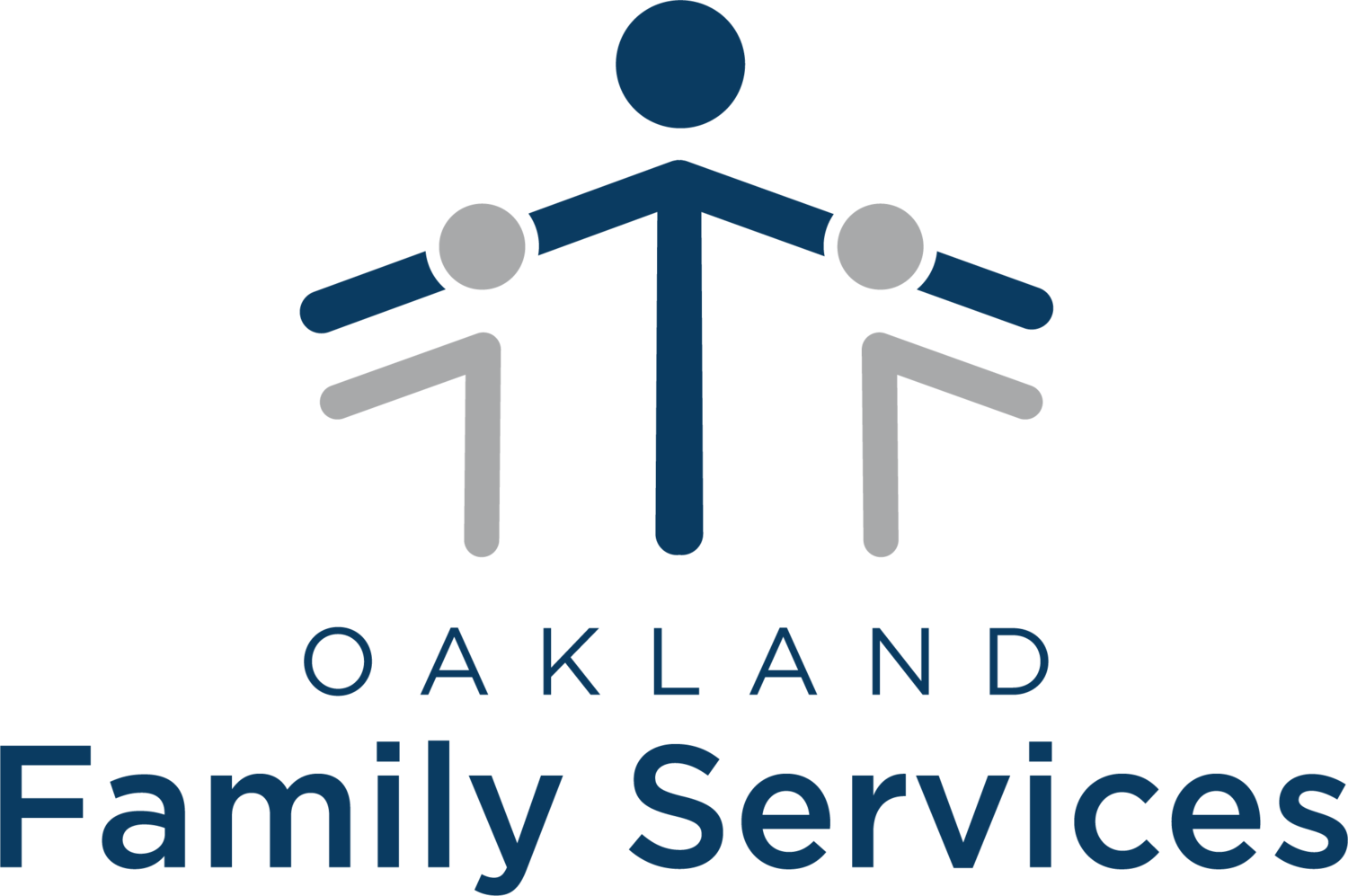Five ways you can boost your baby’s language development
Did you know hearing more words during the first year of his or her life can help your baby do well in school? During those early years, brain connections are formed that affect your child’s learning and speech development.
"When we are born, our brains have millions of cells that transmit information to each other through connections called synapses,” said Charlotte Young, Early On lead service coordinator at Oakland Family Services. “As we grow, those connections become stronger each time they are used, forming permanent pathways that we keep into adulthood. However, if a connection in the brain is not used, it will eventually fade away.
“A child who has high exposure to language at a young age has a better chance of developing strong, permanent connections in the area of the brain that is responsible for language development. So, high exposure to language and repetition of words beginning in infancy is a key factor in helping children develop larger vocabularies and establish meaning to language."
Here are five ways you can encourage your baby’s speech development:
1. Talk to your child
Everyday moments with your child are a perfect time to talk – bath time, playtime, or mealtime. You also can talk to your little one while in the car. Look out the window and describe what you see or sing the words to a song on the radio. Introduce your child to new words when you go to places like the park or the store. Point to objects that you see: “Look at the tall tree!" or "Let’s buy this banana.” Another simple way to talk to your baby is just to narrate what is happening: “Mommy is changing your diaper,” or “Daddy is giving you a bath.”
“The number one thing you can do as a parent is talk with your child,” Young said. “Research shows children exposed to more words between 0 to 3 are more likely to have a larger vocabulary when they reach school age and into adulthood.”
2. Read books
Books are another great way to help reinforce your child’s speech. Even if your child doesn’t know any words yet, you can point to the photos in the book and say what they are rather than read the words. Studies have shown that children who were read to as newborns have a larger vocabulary than other kids their age who did not have this experience.
3. Sing songs
Singing songs, especially those with rhymes, will help boost your child’s vocabulary by exposing them to new words, as well as sounds. Some children favorites are “Row, Row, Row Your Boat,” “Twinkle, Twinkle Little Star,” and “Head, Shoulders, Knees and Toes.” If singing is outside of your comfort zone, play some music in your house. Most libraries check out music CDs free!
4. Point to objects
Pointing creates a shared experience between you and your baby. The next time you are in the backyard, point to a flower or a bird and say the word.
“If your child can’t say the word but can point to it, he or she knows you will understand. It’s a form of preverbal communication,” Young said.
5. Play games
Play games that provide a shared experience, such as Peek-a-Boo. Games that involve taking turns also help with language development. It can be as simple as rolling a ball back and forth or stacking blocks. This creates back and forth moments that translate into conversational skills. It’s also important, while playing, to follow your child’s lead.
“If you see him playing with something, ask questions,” Young said. “He will be more interested in talking if it is something he is interested in.”
By trying these strategies, you not only help your baby learn to communicate but also enjoy some special bonding time!

